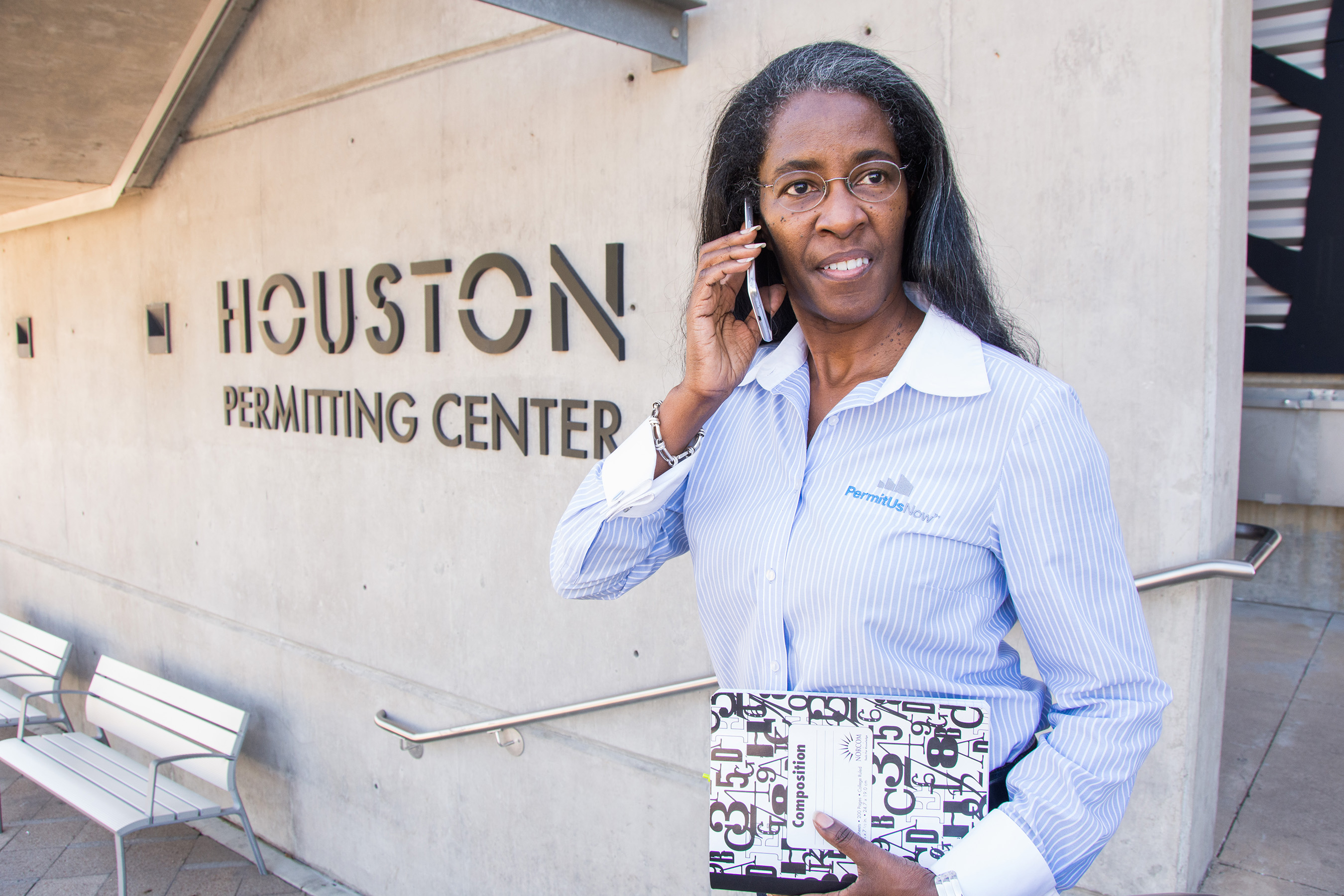It has been said thousands if not millions of times in the U.S., across North America and throughout the world that running a small business is challenging and is not for the faint hearted. From dotcoms that start out with lots of venture capital money to donut shops like Billy’s Donuts in Missouri City, Texas to owners with a thick business plan written by a high paying consultant, hope as strategy by itself is a poor one.
How do I know this to be true? Did I read about business struggles in a book? Did I learn about such challenges in a workshop? The truth is I’ve been there! When I first opened my business over 15 years ago, I like most other bright-eyed small business owners put on my best clothes, bought a stack of business cards with stationary and placed them on my desk with a box of hope that customers would be calling me soon. That never happened.
After twisting my ankles and skinning my knees from bumping against brick walls from hoping and wishing for customers to know that my business existed, I realized there had to be another way. As some months passed, I realized that I needed to change the situation in my business fast. Hope was not working and my dream of becoming a successful small business was becoming a scary horror movie.
One morning, I looked at myself in the mirror and said, “Helen, you’re better than this situation! You are bigger than this business problem and you need help now!” So, I girded up my dress and got to work making phone calls to small business resources, began meeting with successful business owners and soaked up many free to low cost business workshops on various topics. I also consumed hundreds of business and personal development books to improve my business leadership skills since hoping was a failed approach. One key point learned (and applied) from Think and Grow Rich, Napoleon Hill is the following.
“There is a difference between WISHING for a thing and being READY to receive it. No one is ready for a thing, until he believes he can acquire it. The state of mind must be BELIEF, not mere hope or wish. Open-mindedness is essential for belief.”
And from the QBQ, Question Before the Question book by John G. Miller when faced with a problem and to avoid failure you “…have to fly this plane differently…” resonated with me and inspired me take an immediate positive shift in my small business.
In addition, based on industry statistics, only 4% of the small businesses in the U.S. generate $1 million in annual revenue. And while it is great to be in this group, the reality is as I write this blog many small business owners are thinking about throwing in the towel and quitting. To assist those that may be having thoughts of defeat, below are five reasons to avoid using hope as a standalone strategy to grow your small business.
Hope lacks substance: Believe in your vision for your business and know that it is possible. Once you fervently believe, write your plan to go forward to make improvements in your business. Tip: Believe!
Hope leaves you standing flat-footed: Make a firm decision – the word decide means to cut off; to make a clean cut from what’s holding you back and to move in the direction of your business dream and set goals. If you fail to make a conscious decision, know that you unconsciously decided to do nothing and that is what you will reap in your small business – nothing. Tip: Decide or cut bait.
Hope is a weak foundation: There are hundreds of stories about Olympian athletes that in their heart knew that they were not the best athlete in their high school or college. What separated the Olympians from the chafe is that they made a commitment and did not quit on their dream. This resulted in obtaining a medal in the Olympics. In your business, place a flag in the ground now, move forward in faith and never ever quit on your business dream of success. Tip: Make a commitment, develop and plan, shift gears when needed and never quit.
Hope is passive: Write what success looks like to you? Describe your picture of business success in detail. How many employees do you have? How does your office look? What city are you located in? Who are your ideal customers? How many customers do you need to achieve your revenue goals and to meet your lifestyle requirements? Tip: Write your vision in detail, focus and get moving toward your goals.
Hope can make you sad: There are plenty of stories of new businesses opening like the owner of Billy’s Donuts Shop, Missouri City, TX that stand behind the counter wishing and hoping that a customer will come inside. Soon the feeling of sadness creeps in and the owner begins wondering did they make the right investment. Some stories like this Billy’s Donuts end well as a family member stepped up and started using his free social platform to send a tweet about fresh hot donuts at Billy’s to his already established followers. The result: Tweet goes viral, line of customers sticking out of the door and the cash register explodes with sales. Tip: What’s in your hand? What are your assets that you can use to resolve your problem and begin to grow your small business? What are your strengths?
In Conclusion
Running a small business is rewarding and can create the kind of lifestyle you want to have and be able to make contributions in your community. If you are scratching your head attempting to figure out how to rise above your wishing and hoping strategy, reread the five reasons and helpful tips above and get moving toward your goals now. If you have any questions about punting your hope alone strategy and developing a blueprint for your small business, you can contact me via Linkedin or connect on Facebook.






